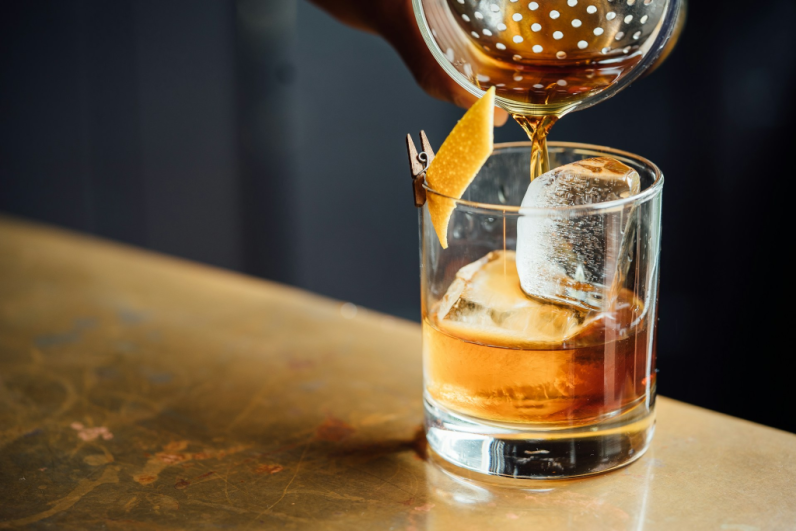In the wake of the pandemic, New York's wine and liquor stores are facing a challenging time as customers move away from heavy drinking habits.
To counter this trend, two state lawmakers, New York state Sen. Michelle Hinchey and state Assemblyman Al Stirpe, have proposed a solution: allowing these stores to sell non-alcoholic versions of alcoholic beverages (via New York Post).
New Legislation Proposes Shift in NY Alcohol Sales
Citing data from NielsenIQ, the NY Post tells us that while sales of alcoholic beverages have seen a modest increase of 0.8% to $105 billion over the past year, the non-alcoholic market has experienced a remarkable 34% surge, reaching $620.4 million.
Senator Hinchey stresses the importance of supporting local liquor stores, which are often family-owned businesses integral to communities.
New York is one of the few states that prohibit liquor stores from selling non-alcoholic beer, wine, and spirits. Additionally, it is among the minority where grocery stores are barred from selling wine and liquor.
The proposed legislation challenges these norms, allowing liquor stores to diversify their offerings into the non-alcoholic domain. However, it is anticipated to face strong opposition from grocery stores and convenience stores, which currently hold a monopoly on distributing non-alcoholic wines, spirits, and mocktails.
While there has not been significant backlash against the proposal yet, Nelson Eusebio of the National Supermarket Association expresses skepticism, indicating a potential for opposition from the grocery sector.
READ MORE: Heineken Announces £39 Million Investment to Reopen 62 Closed UK Pubs

Reforms to Modernize New York's Alcohol Industry
In parallel, in collaboration with Governor Hochul's administration, the New York State Liquor Authority has recently advocated reforms to modernize the state's alcohol industry. These reforms, highlighted in the FY2025 Budget, address various issues and enhance industry operations while safeguarding public safety, health, and welfare.
Notable provisions include extensions for "drinks to go" allowances and the expansion of liquor sales at one-day events, responding to evolving consumer preferences and industry needs.
Stakeholders, including state officials and industry representatives, commend these reforms for fostering economic growth and supporting small businesses.







Join the Conversation